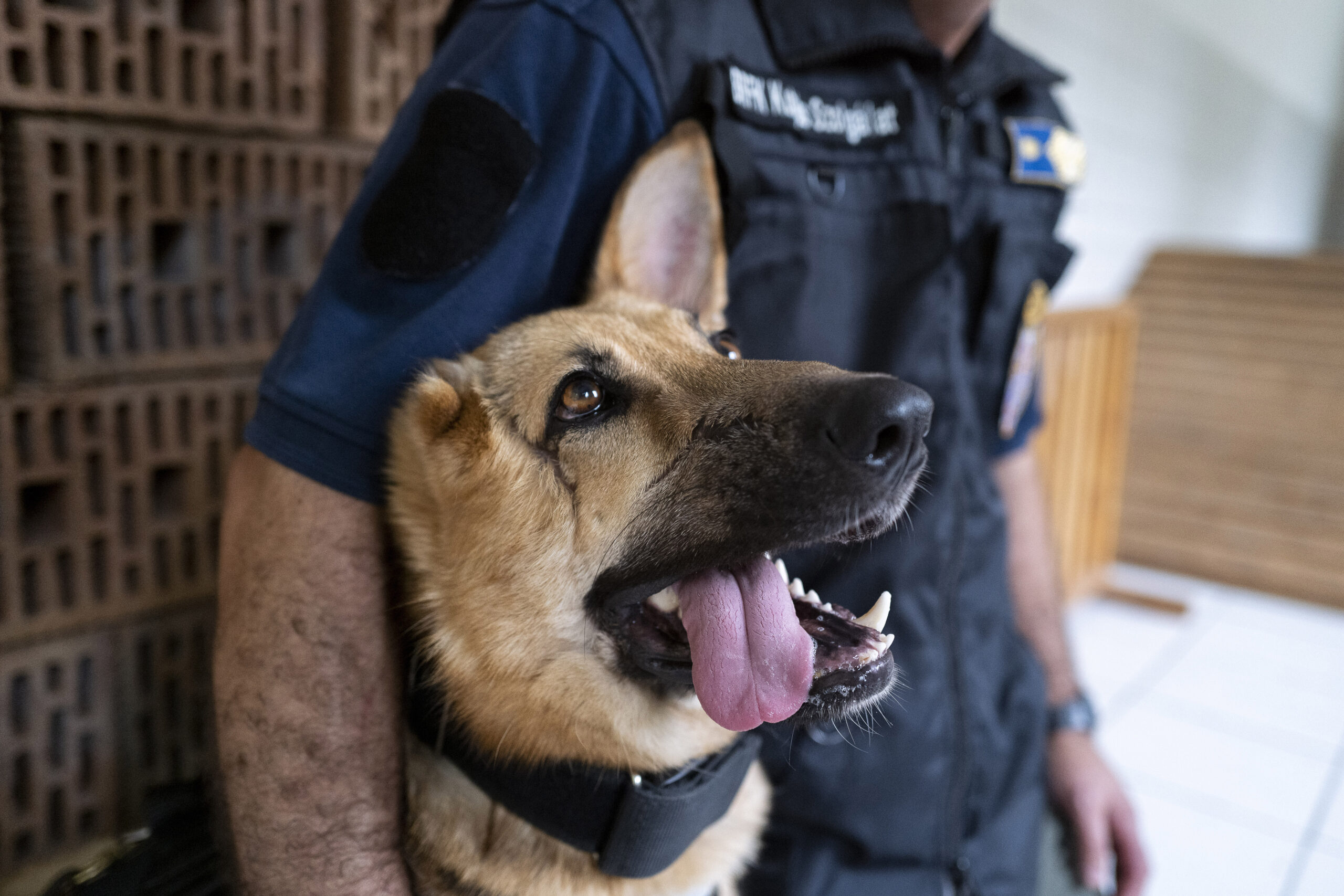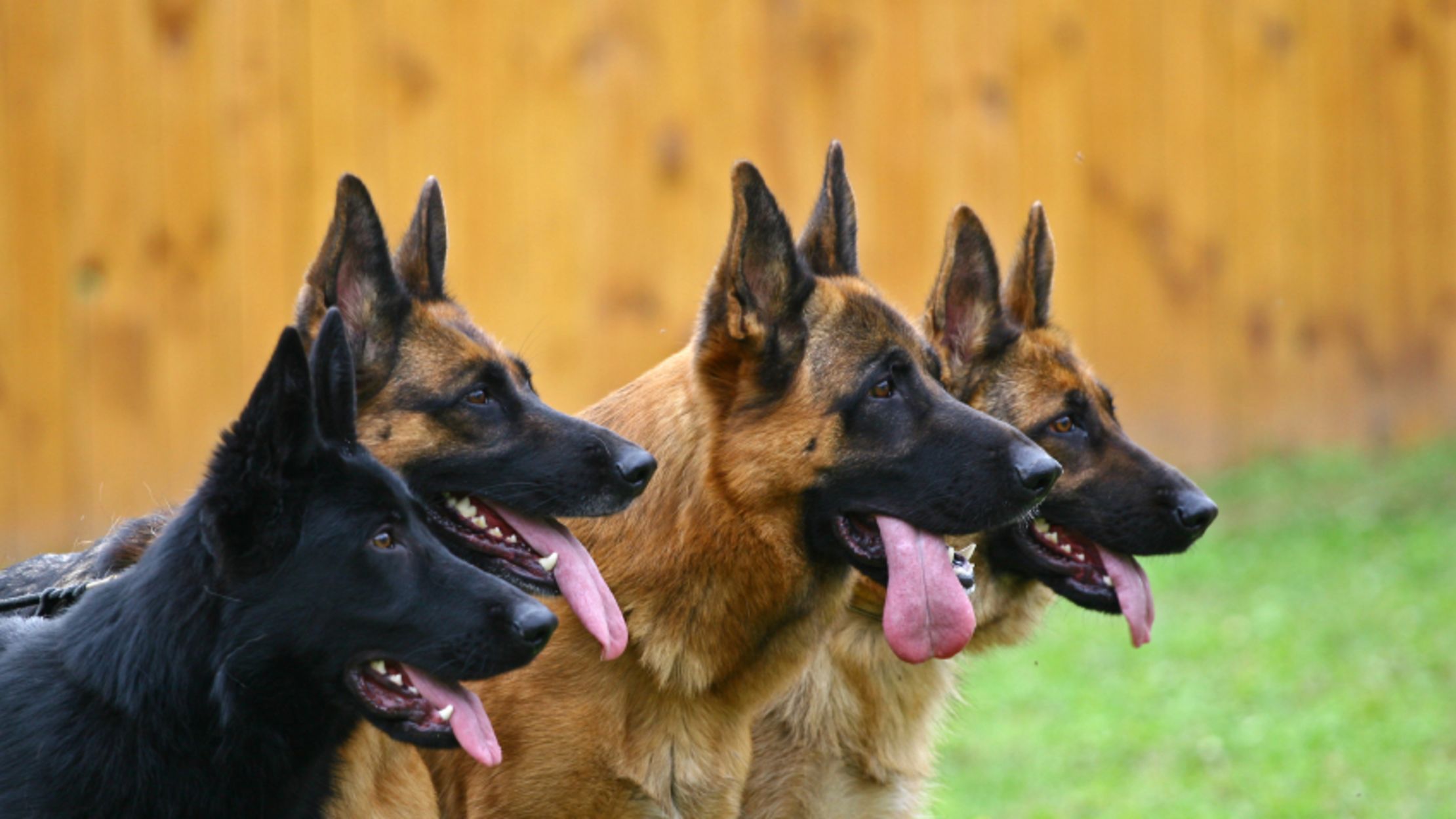The Role of German Shepherds in Therapy and Assistance Work: A Critical Examination
German Shepherds are highly intelligent, loyal, and trainable dogs that have been used in various roles, including therapy and assistance work. Their unique traits make them well-suited for these demanding tasks, providing invaluable support to individuals with physical, cognitive, or emotional challenges. However, the complexities of their deployment in these settings necessitate critical examination to ensure ethical practices, effectiveness, and optimal outcomes. This essay critically examines the complexities of German Shepherds' role in therapy and assistance work, considering diverse perspectives, supporting claims with evidence, and reflecting on the broader implications of the findings.
Therapeutic Benefits and Emotional Support
German Shepherds have proven therapeutic benefits in various settings. Their innate empathy and ability to sense distress make them effective companions for individuals with anxiety, depression, and post-traumatic stress disorder (PTSD). In therapy sessions, they provide a non-judgmental and supportive presence, reducing feelings of isolation and promoting emotional regulation. Studies have shown that interactions with German Shepherds can lower heart rate, blood pressure, and cortisol levels, inducing a calming effect. Their presence can also facilitate communication, allowing individuals to express themselves more openly.
Assistance in Daily Activities
Beyond emotional support, German Shepherds are valuable assistance dogs for individuals with physical disabilities or mobility impairments. They can be trained to perform a wide range of tasks, including opening doors, picking up objects, and providing mobility support. Their strength and trainability enable them to assist with daily activities such as dressing, bathing, and preparing meals. By extending the independence and autonomy of their handlers, German Shepherds enhance their quality of life and promote a sense of empowerment.
Ethical Considerations and Responsible Breeding
While German Shepherds excel in therapy and assistance work, ethical considerations must guide their deployment. Responsible breeding practices are paramount to ensure the physical and temperamental suitability of these dogs. Inherent health issues within the breed, such as hip dysplasia and elbow dysplasia, require careful screening and selective breeding to minimize their prevalence. Temperament testing and socialization from an early age are crucial to assess their adaptability, trainability, and suitability for therapeutic or assistance roles.
Additionally, the training and certification process for therapy and assistance dogs should adhere to rigorous standards. Accredited organizations provide comprehensive training programs that focus on socialization, obedience, task-specific skills, and public access etiquette. Certification ensures that dogs meet the required proficiency levels and are temperamentally stable in various environments. By adhering to ethical guidelines and responsible practices, we can uphold the well-being of German Shepherds and ensure their effective contribution in therapy and assistance settings.
Perspectives on Suitability and Effectiveness
The effectiveness of German Shepherds in therapy and assistance work has been debated, with varying perspectives on their suitability. Some argue that their large size and energetic nature may not be ideal for all individuals, especially those with limited mobility or confined spaces. Others contend that their trainability and adaptability make them suitable for a wide range of settings and individuals, with proper training and handling.
Research provides evidence supporting the effectiveness of German Shepherds in therapeutic and assistance roles. Studies have demonstrated their positive impact on reducing anxiety, improving communication, and enhancing independence. However, it is essential to recognize that not all German Shepherds are suited for these roles, and careful assessment and training are crucial to ensure their effectiveness.
Balancing Human and Animal Needs
A critical aspect of this examination is balancing the needs of both humans and animals involved in therapy and assistance work. While German Shepherds provide invaluable support, their well-being and limitations must be taken into consideration. Excessive demands or unrealistic expectations can lead to burnout or stress for the dogs. Therefore, it is crucial to respect their physical and emotional boundaries, ensuring they receive adequate rest, exercise, and socialization.
Moreover, appropriate retirement plans should be in place for aging therapy or assistance dogs. After years of dedicated service, they deserve a comfortable and dignified retirement, where they can continue to receive the love and care they have provided to others. Retirement homes or adoption programs specifically designed for retired service dogs can ensure their well-being in their golden years.
Conclusion
German Shepherds possess remarkable qualities that make them valuable partners in therapy and assistance work. Their ability to provide emotional support, assist with daily activities, and enhance independence makes them invaluable companions for individuals facing challenges. However, ethical considerations, responsible breeding practices, and rigorous training are paramount to ensure the well-being and effectiveness of these dogs. By striking a balance between human and animal needs, we can harness the unique contributions of German Shepherds while upholding their welfare.
The complexities of German Shepherds' role in therapy and assistance work highlight the importance of ongoing research, collaboration between professionals, and public education. Continued exploration of their therapeutic and assistance capabilities, along with responsible practices and ethical guidelines, will further enhance their contributions to the lives of those they serve. Ultimately, the bond between humans and German Shepherds in these roles exemplifies the transformative power of compassion, support, and mutual enrichment.
Why Cane Corsos Are Perfect For Active Households
The Role Of German Shorthaired Pointers In Search And Rescue Missions
Why French Bulldogs Are The Most Adorable Pet You Can Have



